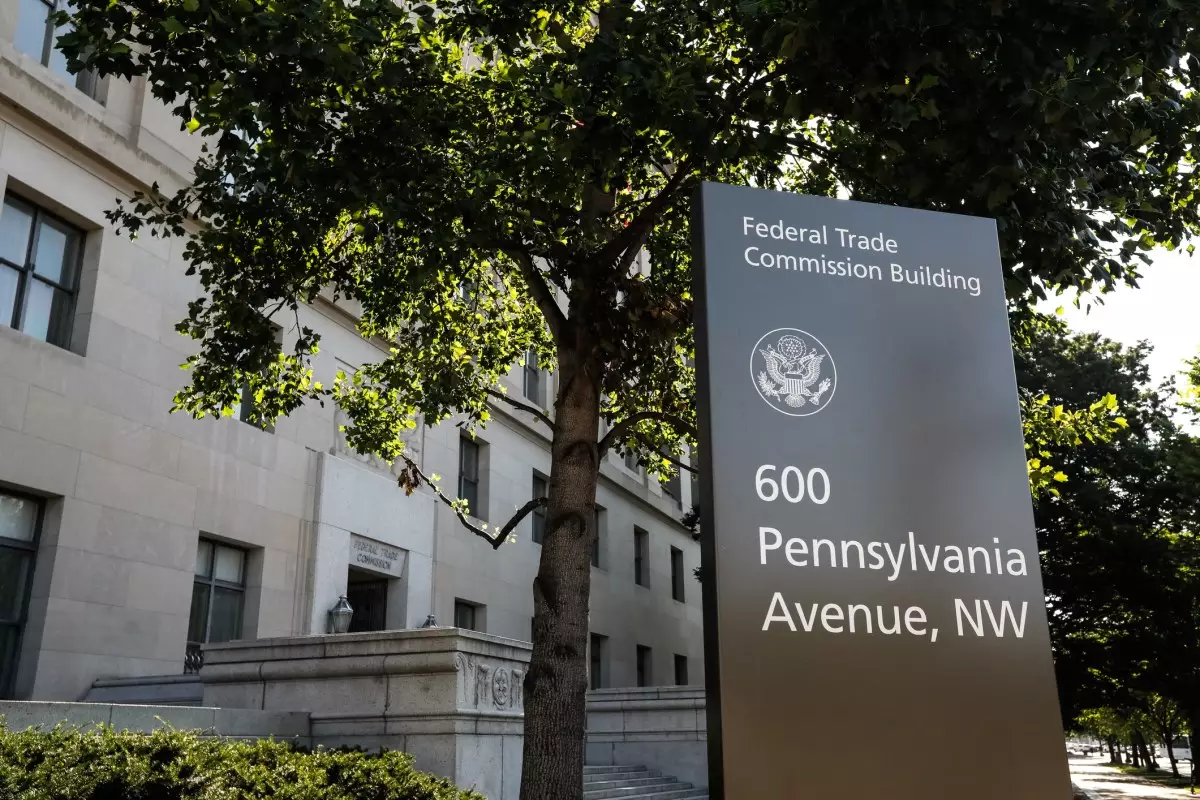Recent insights from a study conducted by the Federal Trade Commission (FTC) have unveiled a pressing issue within the smart device industry: a majority of device manufacturers are not providing clear information about the duration of software updates. This lack of transparency affects a staggering 89% of smart devices assessed in their research, spanning a wide spectrum from security cameras to hearing aids. With smart technology deeply embedded in everyday life—controlling everything from household ambiance to health tracking—this oversight raises significant concerns regarding consumer protection and product longevity.
The FTC examined 184 different smart devices, revealing a troubling trend. Nearly 161 of these products failed to adequately inform consumers about their software support duration. This translates into potential loss of functionality; without regular updates, consumers may find their once highly functional devices yielding diminished capabilities or ceasing to work altogether. As FTC Bureau Director Samuel Levine pointed out, the lack of clear communication regarding software updates is not merely an inconvenience; it stands to represent a financial risk for consumers who expect longevity and consistent performance from their purchases.
For consumers, the absence of information about software update durations can have dire consequences. Many people are led to believe they are purchasing cutting-edge technology, only to find out that, after a brief period, their devices may no longer support sought-after features or connect to popular services. For instance, a smart speaker that loses connectivity to a preferred music platform due to outdated software effectively transforms from a valuable asset into an obsolete item. Smart devices may retain basic functionalities—for example, a smart light bulb can still be operated via a traditional switch—but the appeal and advantages of these products frequently hinge on their smart capabilities.
With such concerns in mind, consumers are advised to become proactive in their purchasing choices. Given that a significant number of devices lack publicly accessible support duration information, prospective buyers should engage in due diligence. The FTC suggests directly contacting manufacturers when essential information cannot be found online. It’s crucial for consumers to assess not just the cost of a smart device but also its potential value over time, which includes understanding how long the manufacturer intends to provide software updates.
The implications of the FTC’s findings extend beyond consumer inconvenience; they touch on potential legal violations as well. The FTC warns that manufacturers could be infringing upon the FTC Act by failing to disclose proper software update timelines, especially if they make claims regarding the longevity of a device’s usability. This calls into question the ethical practices of manufacturers in an industry where transparency should be the norm.
Moreover, around devices sold alongside written warranties, the Magnuson Moss Warranty Act necessitates that manufacturers disclose the terms of such warranties prior to the purchase. Therefore, neglecting to inform consumers about the update lifeline of a smart device not only undermines consumer trust but may also expose manufacturers to legal repercussions.
As smart devices become increasingly integral to daily life, consumer awareness around software updates is crucial. The FTC’s findings serve as a cautionary tale, emphasizing the need for manufacturers to embrace transparency regarding product lifespan. Awareness is key; consumers must understand the implications of purchasing devices that may not receive continued support. Retailers and manufacturers alike have a responsibility to advocate for informed purchasing decisions, ensuring customers are equipped with the necessary information to make wise investments.
Going forward, consumers should prioritize understanding how long a smart device will remain supported, effectively fortifying their purchasing decisions. As the marketplace evolves, the expectation for clear communication regarding software updates should become the industry standard, safeguarding consumers’ interests in an ever-advancing technological landscape.

